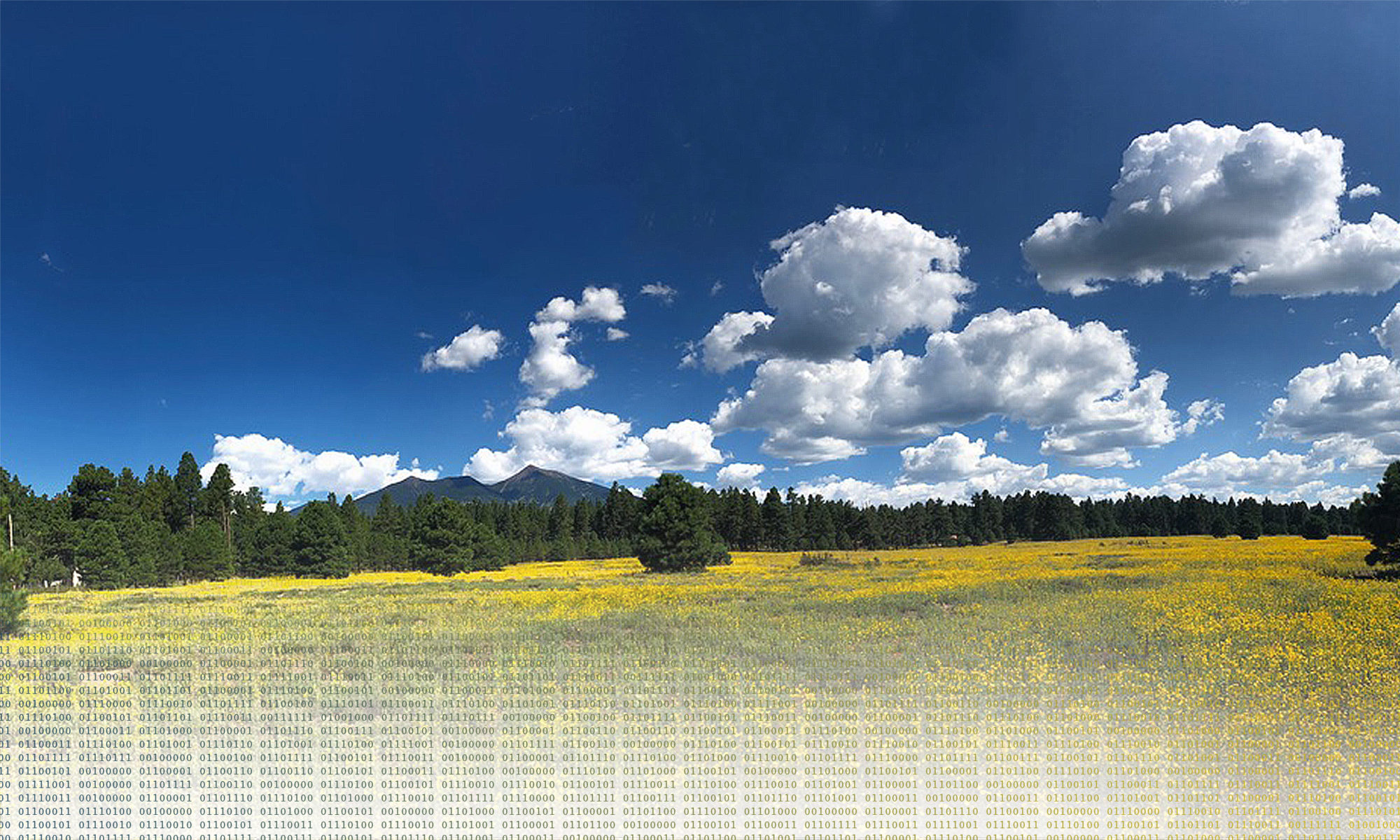Ecological forecasts, probabilistic predictions about the state of ecosystems made jointly from data and models, are a gold standard for scientific understanding and for management decisions. Most forecasts are made on short timeframes (< 10 years), which is convenient because that is the time frame at which most management decisions are made and most ecosystem data cover. However, important ecosystem changes happen at long time scales as well. For instance, the impact of current climate change on terrestrial carbon pools will persist for centuries. Since good short term forecasts can lead to bad long term predictions, it's essential that we start integrating data on slow ecological processes into ecosystem forecasts, with the long term in mind. I'll present results from the PalEON project, showing: (1) how to assimilate data spanning decades to millennia into ecosystem models; (2) results from this work that show the surprising processes that shape long term changes in ecosystems; and (3) the challenges of forecasting tipping points and ecological collapse.
Seminar: Jason McLachlan
View Calendar
November 2, 2020 11:30 am - 12:20 pm
Improving ecosystem understanding with long-term data and models.

